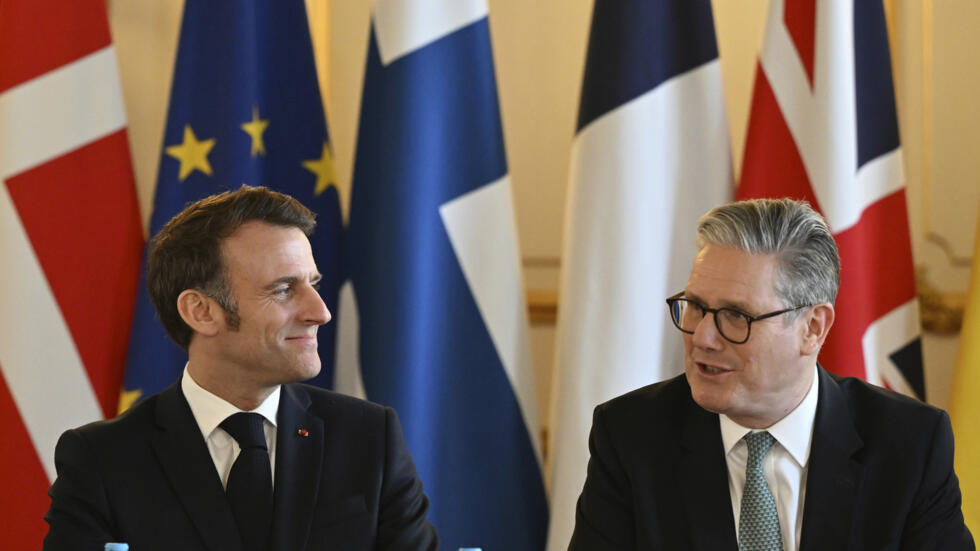
A landmark UK-EU summit gets underway in London on Monday, marking the start of a potential reset in relations five years after Brexit. The meeting, hosted by UK Prime Minister Keir Starmer, is the first of its kind since Britain formally left the EU in 2020.
After a prolonged period of strained relations following the UK’s departure from the European Union five years ago, a renewed phase of cooperation looks likely.
Leaders are discussing plans for a new defence and security partnership. If agreed, it could reshape how the UK and EU cooperate on global threats.
The talks are being driven by global tensions – especially the war in Ukraine and uncertainty about the United States’ long-term role in European security under Donald Trump’s second presidency.
Both sides see a need to work more closely on defence, trade and migration.
UK, France working with Ukraine on plan to stop fighting: Starmer
Reset of Franco-British ties
France is playing a key role in the push for closer ties. It has linked French fishing access to wider UK–EU talks and worked with Britain on joint military support for Ukraine.
As NATO countries increase cooperation, France and the UK are forming what some diplomats call a key military alliance within Europe.
The proposed security deal would allow Britain to take part in certain EU defence programmes and benefit from parts of a €150 billion European defence fund. British companies like BAE Systems and Rolls-Royce stand to gain from this access.
UK Defence Secretary John Healey said Britain is “prepared to pay our fair share” to join the initiatives. He added that UK firms must keep control of their intellectual property and export rights.
European officials say this deal should be straightforward due to NATO ties and shared concerns over Russia.
But for Starmer, it is about more than strategy. “I want a closer relationship on security, on defence, on trade and on the economy,” he told The Guardian. “Let’s look forward, not back ... We're in a new era.”
His comments reflect broader unease across Europe since Trump’s return to the White House. Many EU capitals no longer trust the US to automatically support European defence, making intra-European cooperation more important.
Europe's defence vulnerabilities exposed as US shifts on Ukraine
Fish back on the menu
Despite the warmer tone, some areas remain tense. Talks are continuing over fishing rights, food checks and youth mobility.
Fishing – one of the most contested issues during Brexit – is back on the table. France and other EU coastal nations want continued access to UK waters beyond 2026. The UK is offering a four-year extension, but that falls short of EU hopes.
Officials fear the gap could also affect a deal on easing food checks.
Starmer has said he will not lower UK food standards, which are mostly inherited from EU rules. “We do not want to lower our standards on food,” he said.
He has also accepted that the European Court of Justice will continue to play a role in handling some post-Brexit disputes, especially those involving Northern Ireland.
EU and UK clash in first post-Brexit legal battle over North Sea fishing ban
Migration and mobility
Perhaps most politically sensitive is the EU’s proposal for a youth mobility scheme allowing 18- to 30-year-olds to live, work, or study across the Channel.
Starmer’s team is exploring a time-limited and capped model – possibly a “one in, one out” approach – that avoids returning to free movement.
Even this idea has drawn criticism from Reform UK, the Eurosceptic party led by Nigel Farage.
Starmer said the government is taking a “serious, pragmatic” approach to all the issues. Officials say this summit is just the start of what could become a regular series of annual meetings between the UK and EU.
The London summit comes a day before a key meeting of EU foreign ministers in Brussels, where Ukraine and new sanctions against Russia will top the agenda.







